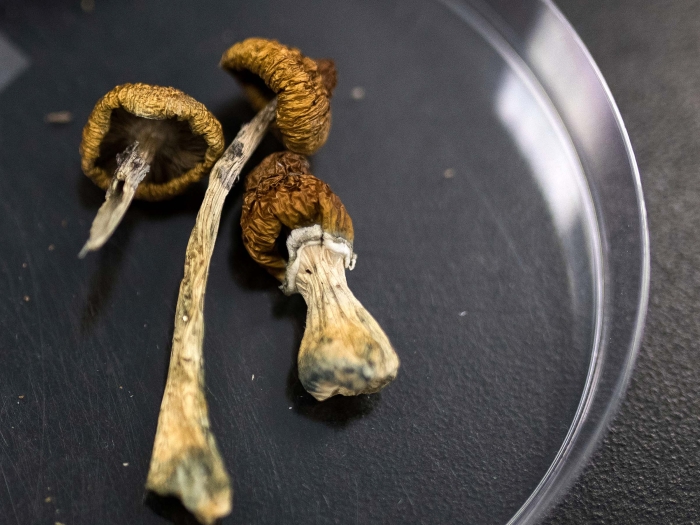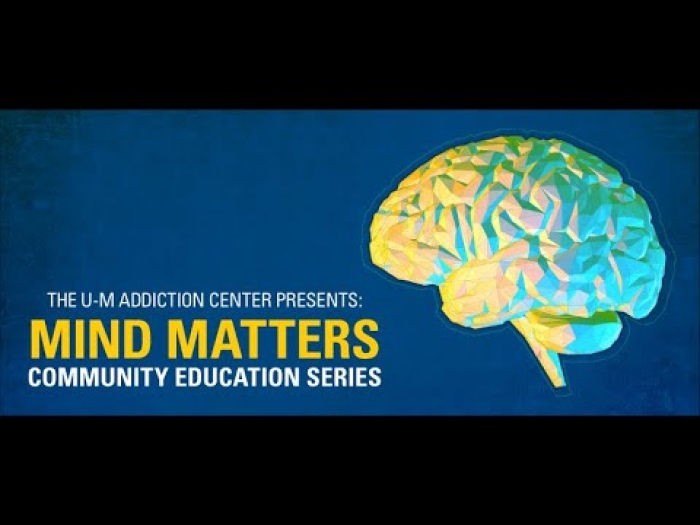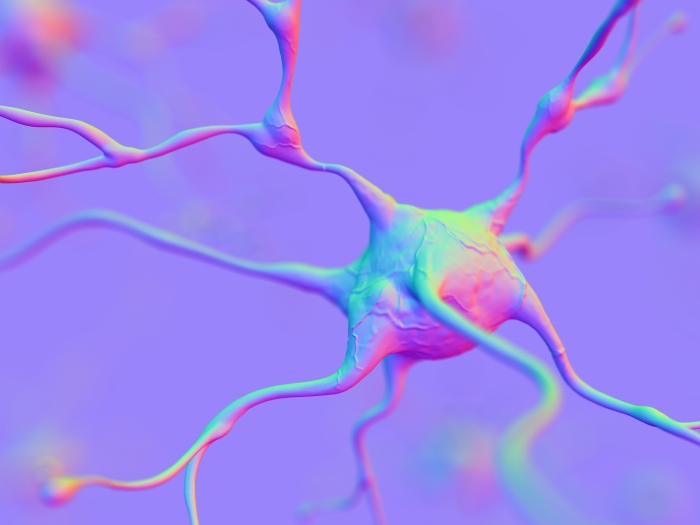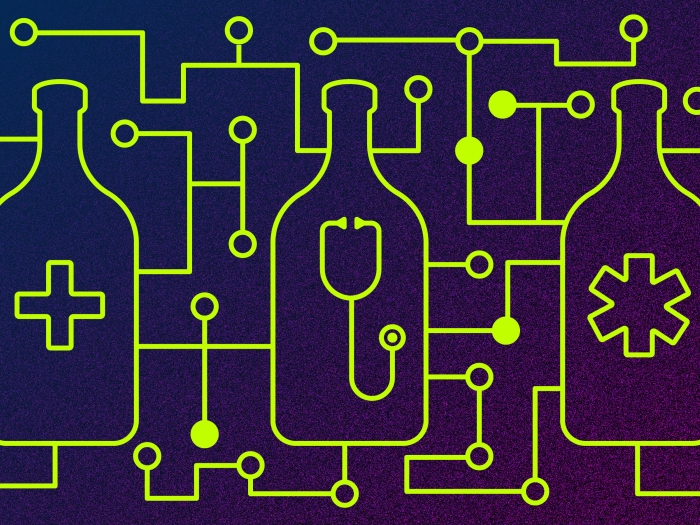Showing 1-15 of 49 results

Health Lab
Recent developments represent a dramatic change from long standing federal policy around these substances that has historically criminalized their use and blocked or delayed research efforts into their therapeutic potential.

The Fundamentals
On today’s The Fundamentals is Dr. Brummett, Professor at the University of Michigan where he serves as the Senior Associate Chair for Research in the Department of Anesthesiology. He has more than 280 publications, including articles in top journals such as JAMA, JAMA Surgery, Anesthesiology, and Annals of Surgery. He is the Co-Director of the Opioid Prescribing Engagement Network or OPEN at the University of Michigan, which aims to apply a preventative approach to the opioid epidemic in the US through appropriate prescribing after surgery, dentistry and emergency medicine. Moreover, he is the Co-Director of the cross-campus Opioid Research Institute, which was launched in the spring of 2023. He leads multiple NIH grants studying these concepts and receives funding from the Michigan Department of Health and Human Services, SAMHSA, CDC, and multiple foundations.
You can learn more about Dr. Brummett here, and you can follow Dr. Brummett @drchadb and the department of anesthesiology @UMichAnesthesia on X.

Health Lab
An expert from the University of Michigan Addiction Center shares the impacts of teen substance use and what families can do to help youth who may be at risk or showing signs of addiction.

Health Lab
Virtual program to promote smoking cessation among Medicaid enrolled expectant mothers

Health Lab
Perinatal mental health research shows more pregnant people and those who have recently given birth are getting diagnosed and treated for depression, anxiety and PTSD, but disparities remain.

Health Lab
People in their 80s and 90s with cognitive abilities similar to much younger people, called super agers, are taking part in a national study of their brain health.
Research News
A team led by Vanessa Dalton, MD, MPH, and Kara Zivin, PhD, has received a $3 million grant from the National Institute of Mental Health to study the mental health impacts of recent changes in reproductive health policy.

Minding Memory
In this episode of Minding Memory, Matt & Donovan speak with Dr. Joanne Spetz, the Brenda and Jeffrey L. Kang Presidential Chair in Healthcare Finance and Director of the Philip R. Lee Institute for Health Policy Studies at the University of California, San Francisco (UCSF). Joanne talks with Matt & Donovan about who makes up the professional workforce of people who provide dementia care and how these individuals play a critical role in the delivery of services. Joanne also discusses how different professional roles interact across setting of care. Lastly, Joanne introduces a new study she is working on with Donovan called the National Dementia Workforce Study (NDWS) that will be surveying a large group of clinicians who provide care for people living with dementia.

Health Lab
New findings about the impact of IV ketamine on treatment resistant depression add more fuel to the potential for broader use and insurance coverage.

Health Lab
Intravenous (IV) ketamine helped relieve the depression symptoms of half of the veterans who received it at VA hospitals.

Health Lab
Elective surgery study shows older adults have concerns about what it will cost them, how much work they’ll miss and whether they’ll catch COVID-19.

Health Lab
A new study links two autism-associated genes together for the first time, potentially revealing a mechanism behind brain changes seen in people with autism.

Minding Memory
In this episode of Minding Memory, Matt & Donovan speak with Dr. Lisa Barnes, the Alla V. and Solomon Jesmer Professor of Gerontology and Geriatric Medicine, Department of Neurological Sciences and Associate-Director of the Rush Alzheimer’s Disease Center at Rush University. Dr. Barnes talks with Matt & Donovan about racial disparities in Alzheimer’s disease dementia and several obstacles that have impeded our understanding of race and dementia.

Health Lab
Surgery patients who drink at a risky level have higher risks of complications; surgical teams could use artificial intelligence to search their records for signs that they may need to cut back.

Health Lab Podcast
A large study shows having bipolar disorder is associated with a four- to six-fold risk of dying prematurely, suggesting more preventive efforts needed. Visit Health Lab to read the full story.